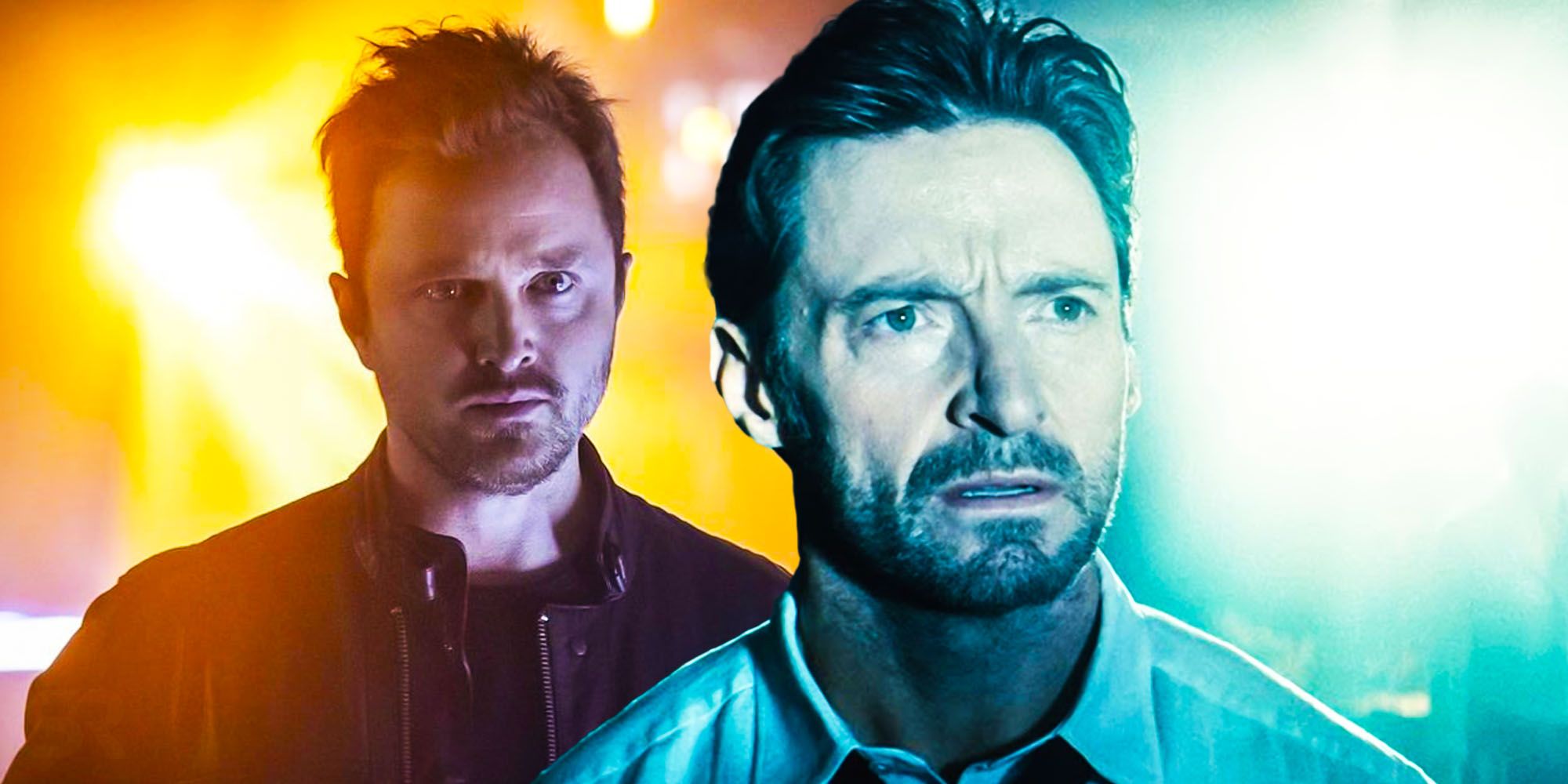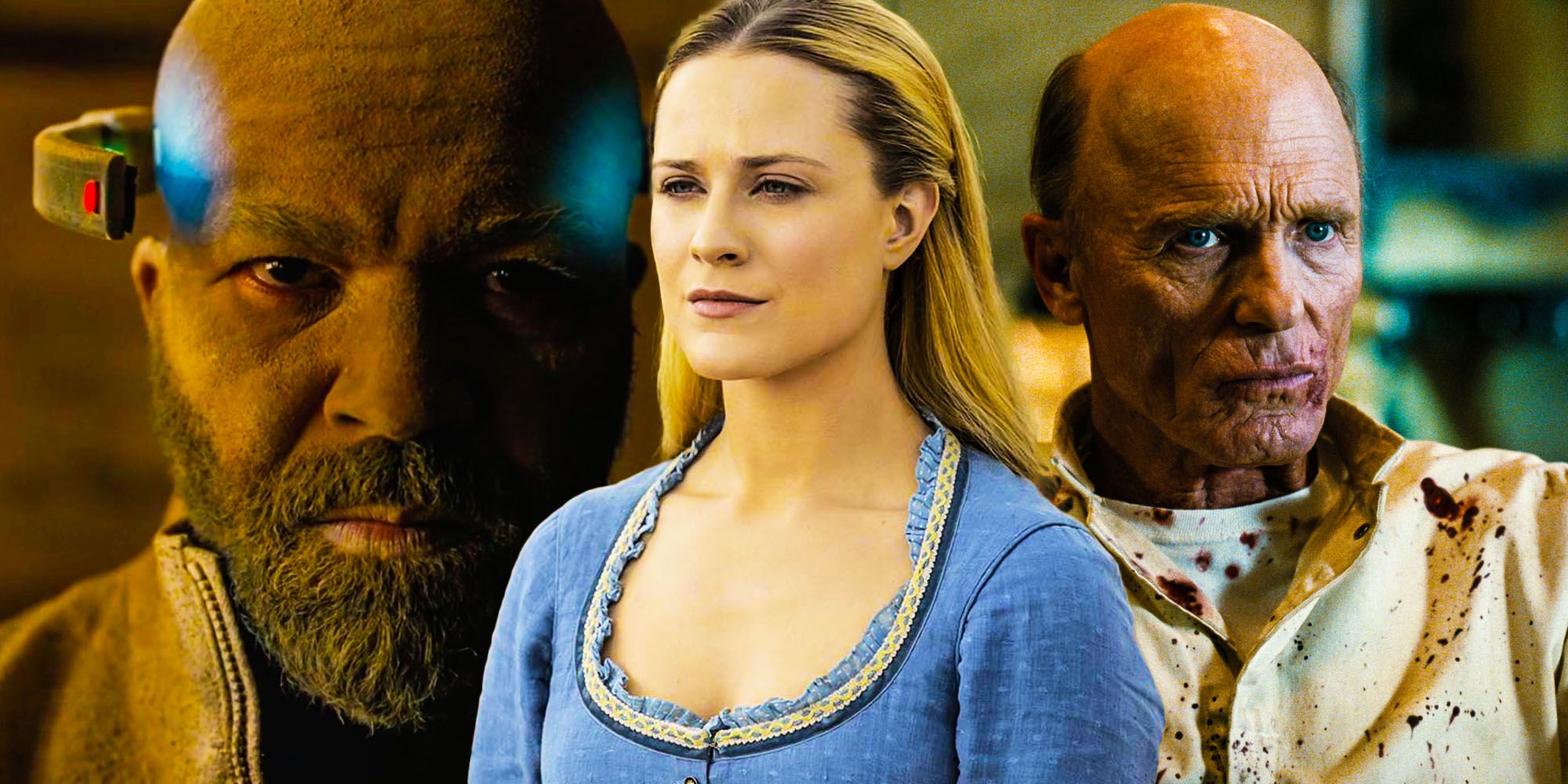Reminiscence Repeats Westworld's Divisive Sci-Fi Story Problems

Lisa Joy’s Reminiscence has moments of excellence throughout, but it also falls victim to some of the same story problems as the writer/director’s other prominent sci-fi project, Westworld. Both the movie and the show deal with high-concept sci-fi narratives demanding extensive worldbuilding and exposition, often with great results. However, the immense ambition of both Westworld and Reminiscence also create some unfortunate pitfalls.
While ostensibly very different stories, Reminiscence and Westworld are similar in many ways. Beyond their near-future sci-fi settings, they both deal with similar themes of escapism and the importance or lack thereof in reality. Westworld explores those ideas while also playing with ideas of sentience, humanity and classism, all shown through the impact and nature of the titular theme park. Reminiscence’s story is instead focused on human memory, the way it can change people, and the addictive nature of nostalgia.
Both Westworld and Reminiscence are pretty high-concept stories with a lot going on. The successes of Westworld season 1 and certain parts of Reminiscence are a testament to their compelling ideas. However, the ambitiousness of both projects has created problems for them. Westworld season 2 was incredibly divisive, and its harsher critics focused their attention in large part on the sheer number of plotlines, characters arcs, and concepts that demanded explanation. Put simply, there was too much going on for any of it to be executed to its fullest potential, leading many to call the season a messy and disappointing follow-up to season 1.

Reminiscence falls victim to a very similar problem. The film is really three different stories happening at the same time – a dystopian sci-fi thriller about the dangers of advancing technology on the human psyche, a twisted noir mystery filled with corruption and crime, and a love story. There are moments when these three disparate parts of the movie mesh together in effective and compelling ways, but more often than not they distract from one another. Reminiscence ends up feeling split between a number of interesting ideas that all fall short of what they could have been, resulting in an end product that, like the worst parts of Westworld, feels messy and overcrowded.
The shared DNA between Reminiscence and Westworld isn’t all bad, of course. Both feature riveting science fiction worlds teeming with rich atmosphere, powerful aesthetics, and interesting narrative ideas that play to the strengths of the genre. Joy is clearly a visionary creator with a strong sense of place and thematic significance in her work. If anything, her only fault is in trying to do too much in too little time – a problem that holds both Reminiscence and Westworld back from achieving unanimous greatness.
from ScreenRant - Feed https://ift.tt/3gzjdqm
via Whole story

Post a Comment